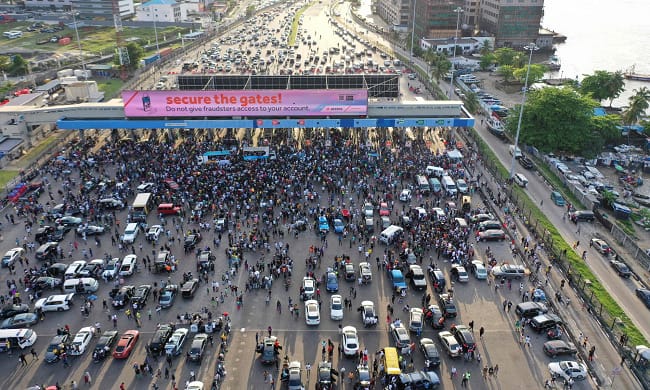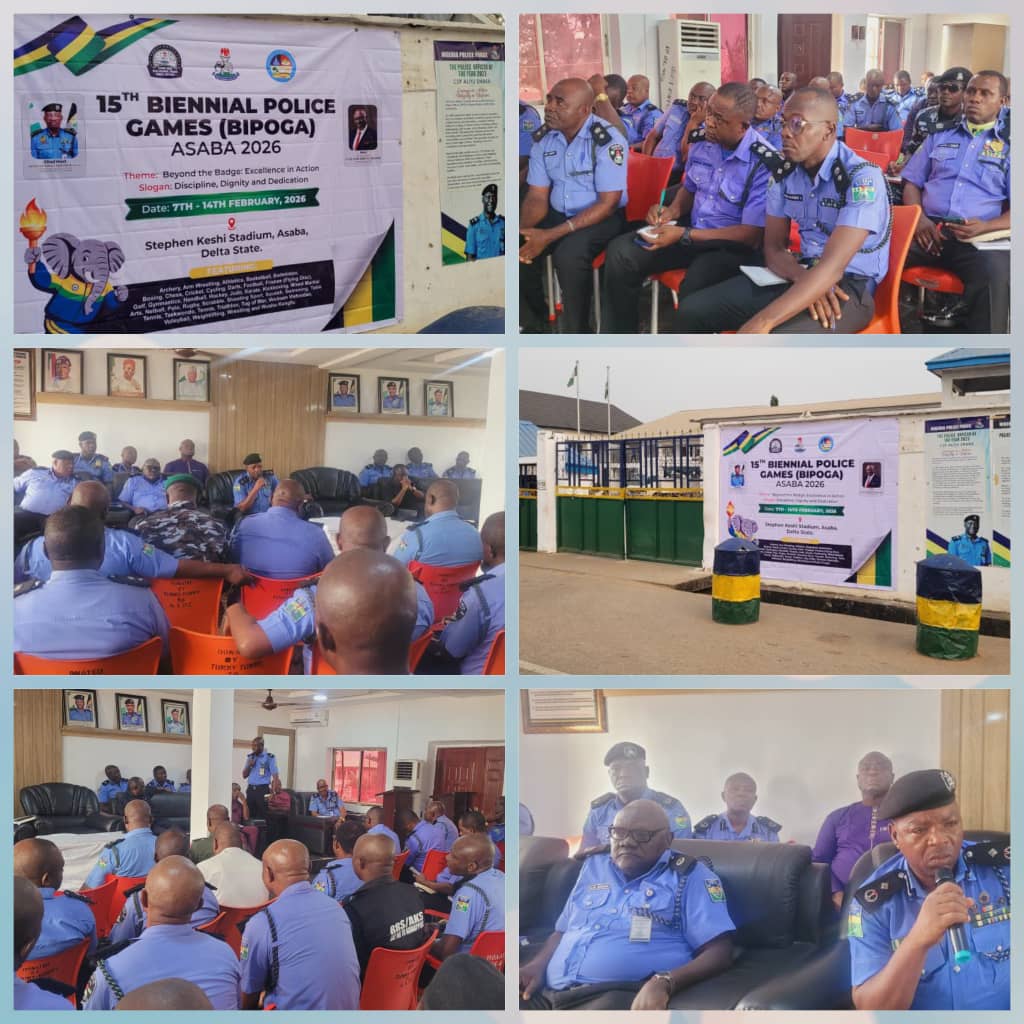The Community Court of Justice, ECOWAS, has ruled that the Federal Republic of Nigeria violated the human rights of Obianuju Udeh and two others.
The court found Nigeria in breach of Articles 1, 4, 6, 9, 10, and 11 of the African Charter on Human and Peoples’ Rights, specifically on the right to life, security of person, freedom of expression, assembly and association, prohibition of torture, the duty of the state to investigate, and the right to effective remedy.
The applicants, Obianuju Udeh, Perpetual Kamsi and Dabiraoluwa Adeyinka, alleged that these violations occurred during the peaceful protests at the Lekki Toll Gate in Lagos State on October 20 and 21, 2020.
The presiding judge, Justice Koroma Sengu, who delivered the judgment, dismissed the allegation that the right to life as guaranteed under article 4 of the ACPHR is violated.
He, however, said that the Federal Government must pay each applicant N2 million as compensation for violations of their security of person, prohibition of torture and cruel, inhuman, and degrading treatment, rights to freedom of expression, assembly, and association, duty to investigate human rights violations, and right to effective remedy.
Additionally, he said the Federal Government must adhere to its obligations under the African Charter on Human and Peoples’ Rights, investigate and prosecute its agents responsible for these violations, and report to the court within six months on the measures taken to implement this judgment.
The applicants alleged that during the peaceful protests against the SARS unit of the Nigerian Police Force at Lekki Toll Gate on October 20 and 21, 2020, the respondent committed several human rights violations.
Triggered by the alleged killing of Daniel Chibuike, the protests aimed to address police harassment and brutality.
The first applicant’s claims include that the soldiers shot protesters, resulting in deaths and injuries, which she live-streamed, subsequently receiving threatening phone calls that forced her into hiding and eventual asylum.
The second applicant, responsible for protesters’ welfare, described how soldiers began shooting after a power cut, leading to her hospitalisation due to police tear gas.
The third applicant recounted narrowly escaped being shot, observing the refusal of ambulance entry by soldiers, and later witnessing inadequate hospital care for victims.
She argued that she and her colleagues took over the victims’ care and she faced ongoing threats and surveillance, believed to be by respondent’s agents.
The respondent denied all claims made by the applicants, asserting that the protesters unlawfully assembled at the Lekki toll gate on October 20, 2020, under the guise of protesting against SARS.
The respondent also maintained that its agents followed strict rules of engagement and did not shoot or kill protesters.
In its judgment, the court found there was no violation of the right to life.
However, the court held that the respondent breached several articles of the ACPHR which occasioned fundamental breaches of human rights violation therein.
Furthermore, the court declared that the applicants were denied the right to an effective remedy.
The court ordered that the respondent make reparations to the applicants for the violation of their fundamental human rights.
EndSARS Protest: ECOWAS Court Finds FG Guilty Of Rights Violations




